The second caretaker government under the tenure of President Rumen Radev officially took office with a ceremony in the Presidency’s Coat of Arms Hall. Some of the cabinet ministers have already been ministers in previous caretaker governments – during the term of President Rosen Plevneliev and in the first caretaker government appointed by the current head of state.
Vice President Iilana Yotova stated that the most significant feature of this cabinet will be the expertise of each of its members. Though with a limited time horizon and with the principal task of organizing fair and transparent elections, the new Council of Ministers faces other pending challenges as well.
In an interview for Radio Bulgaria political analyst Tatyana Burudzhieva explains:
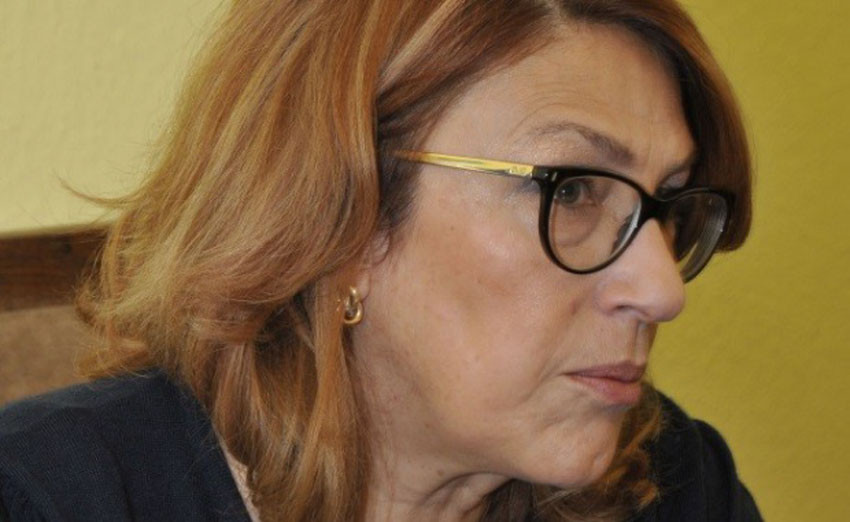
“The caretaker government will have very serious tasks connected with the foreign policy situation Bulgaria is in. The country is in a situation in which we must be prepared for rapid reaction to the crisis near two of our borders. I think that the government will also attempt some kind of audit of the previous government.”
Even though Maya Manolova, head of 45th National Assembly’s ad hoc committee for auditing the administration called for light to be shed on the whole truth about the Borissov government, analysts say the caretaker government should not be laden with overexpectations.
“It must not be forgotten that a caretaker government ought to adhere to maintaining the current administration because it is not there by force of the votes of the electorate and was not formed through parliament,” constitutional lawyer Borislav Tsekov comments.
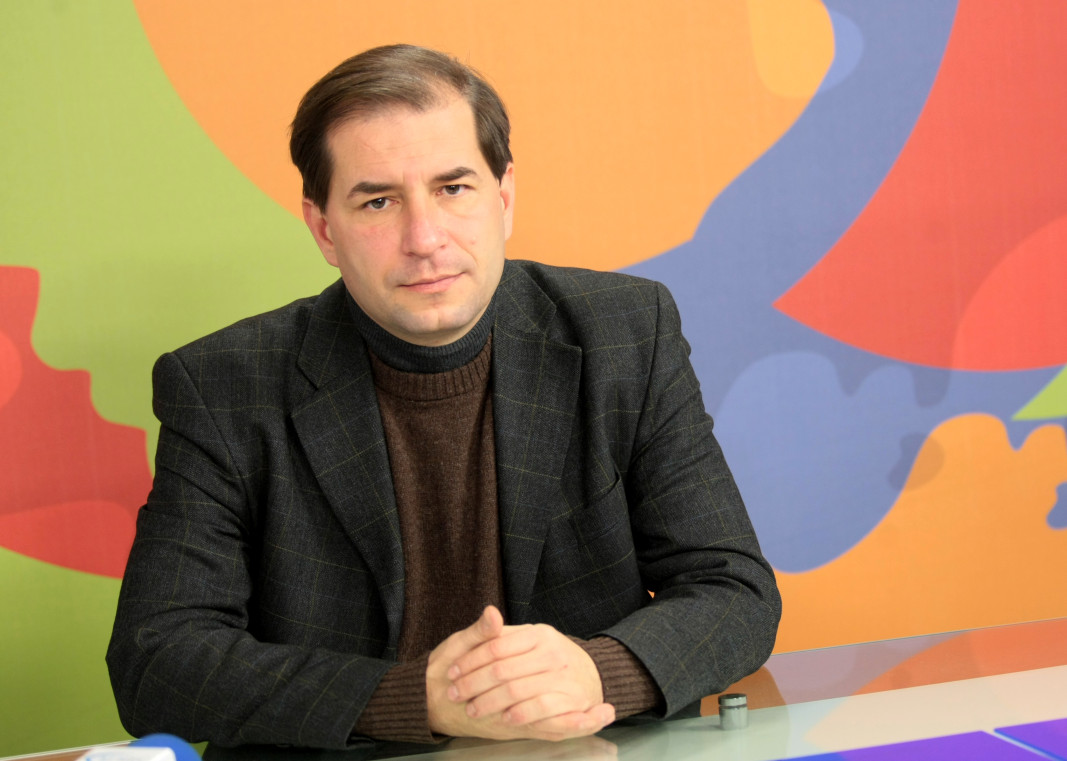
“It is not mandated with concrete policies. The considerations here are constitutional and political, but what is more important is that there will not be enough time. Even if they are familiar with the respective systems the ministers will find it very difficult to overstep the bounds of the institutional daily grind which is going to swamp them from the get-go.”
According to political scientist Rumyana Kolarova, this second caretaker government is going to play an active role in President Radev’s forthcoming campaign for a second term of office:
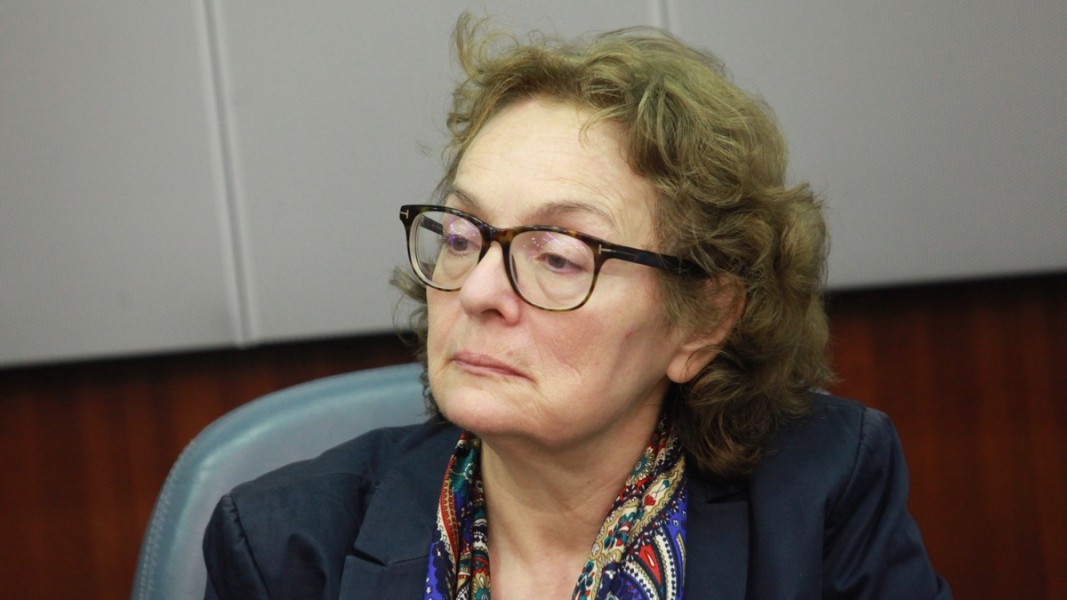
“Voter attitudes towards President Rumen Radev will be formed, in part, as a result of the attitude people are going to form towards the caretaker cabinet. The President is in fact the head of this government more than the caretaker prime minister he appointed. The caretaker cabinet should, to a very high degree, comply with the personal will of the President and reflect his personal positions.”
As to the composition of the caretaker government, with the choice of cabinet members the President is endeavouring to observe a delicate balance between familiar political faces and technocrats,” comments political analyst Hristo Panchugov. “Figures demonstrating to the public a will for political change and a return to an institutionality of government.”
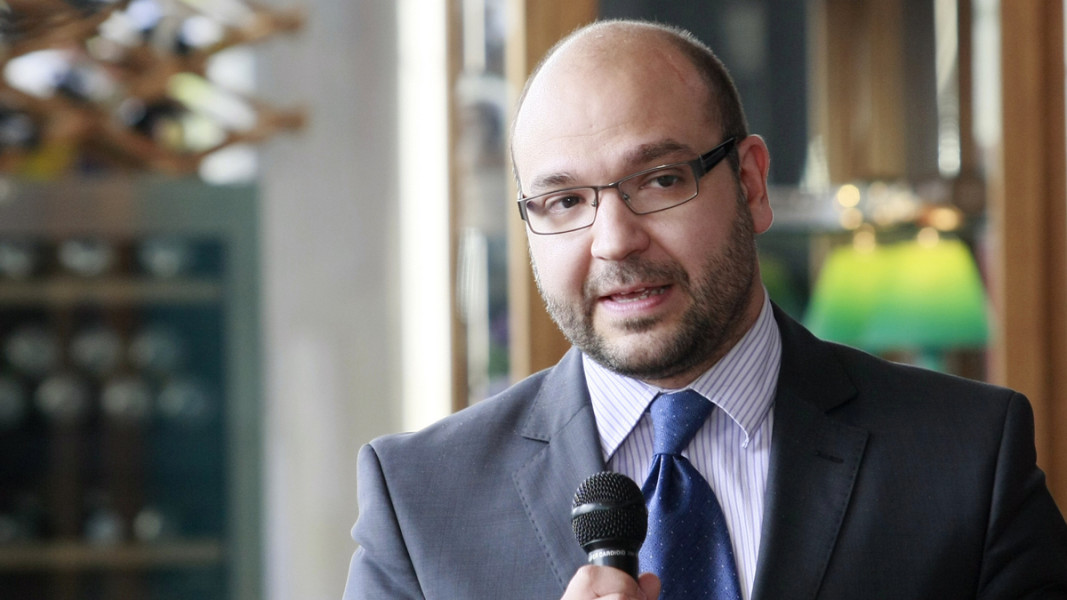
That this is so is seen in the figure of the caretaker Prime Minister General Stefan Yanev, who has high standing among the military as well as in diplomatic circles. He also has previous experience in the executive as minister of defence in Prsident Radev’s first caretaker cabinet. Sociologist Boriana Dimitrova says that this was no random choice, the President wanted to have someone close to him whom he can trust unconditionally.
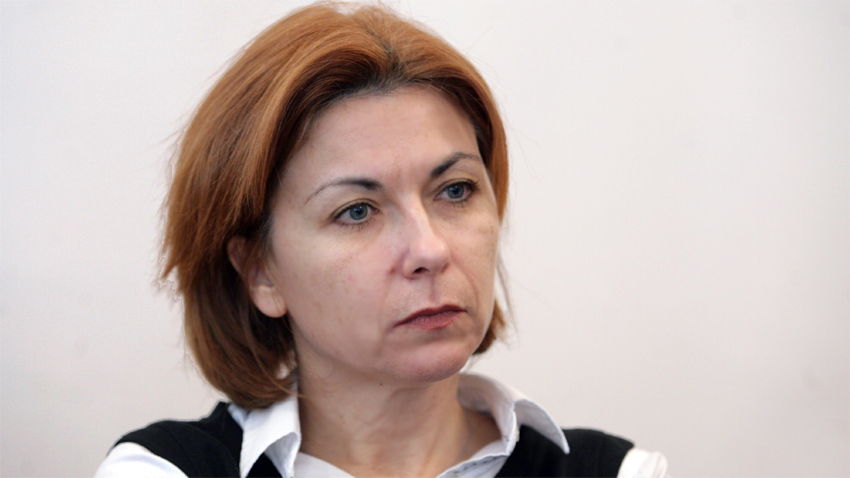
Political analyst Assoc. Prof. Ivo Indzhov says he does not expect the caretaker cabinet to have any political dependencies:
“The composition of the caretaker government illustrates the desire for change that has been spreading in Bulgarian society.
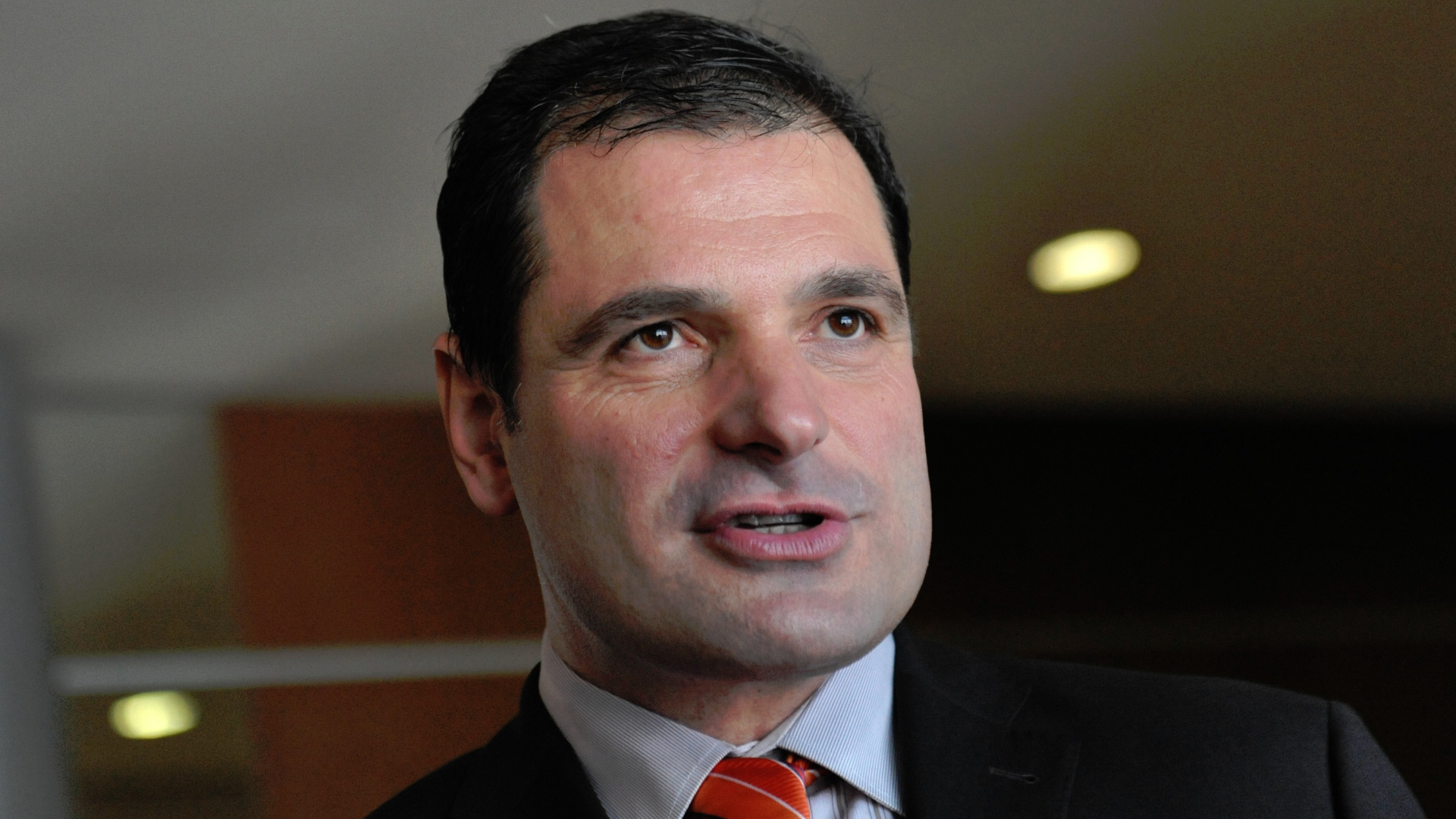
Excessive hope is pinned on it to audit the GERB government. What it can do is draw up a roadmap for such an audit,” Ivo Indzhov says, and adds that one of the dangers the new Council of Ministers faces is becoming a target of attack as a markedly presidential cabinet, and an attempt by the head of state at revanchism against the hitherto ruling party of Boyko Borissov GERB. Whether there are any grounds for such apprehensions is something we are yet to find out.
Interviews by Radio Bulgaria, Horizont channel and Radio Shumen, BNR
Editing by Yoan Kolev
Translated from the Bulgarian by Milena Daynova
Photos: BGNESThe National Museum of Natural History at the Bulgarian Academy of Sciences (BAS) is inviting visitors to Researchers' Night (Night of Scientists) on 26 September. From 17:30 in the museum foyer at 1 Tsar Osvoboditel Boulevard, Professor Zlatozar Boev..
From 26 to 28 September, the historical Bulgarian capital Veliko Tarnovo will host the first-ever national festival of organic produce in the Marno Pole Park. The National Bio Fest 2025 is a large-scale exhibition of certified Bulgarian organic..
A major project to produce a feature film about the life and career of legendary Bulgarian footballer Hristo Stoichkov was presented on Wednesday, state news agency BTA reported. The premiere is scheduled for late 2027. The creators said they aim..
The Sofia Zoo has a new resident – an 11-year-old male snow leopard, BNT has reported. He comes from Nordens Ark Zoo, located in..
Researchers from Bulgaria and abroad are gathering in Sofia for a scientific conference. The forum will be held on October 16 and 17 in..
"Folklore is a need for humans and this need will not disappear just like that, " says Assoc. Prof. Dr. Natalia Rashkova -..

+359 2 9336 661
